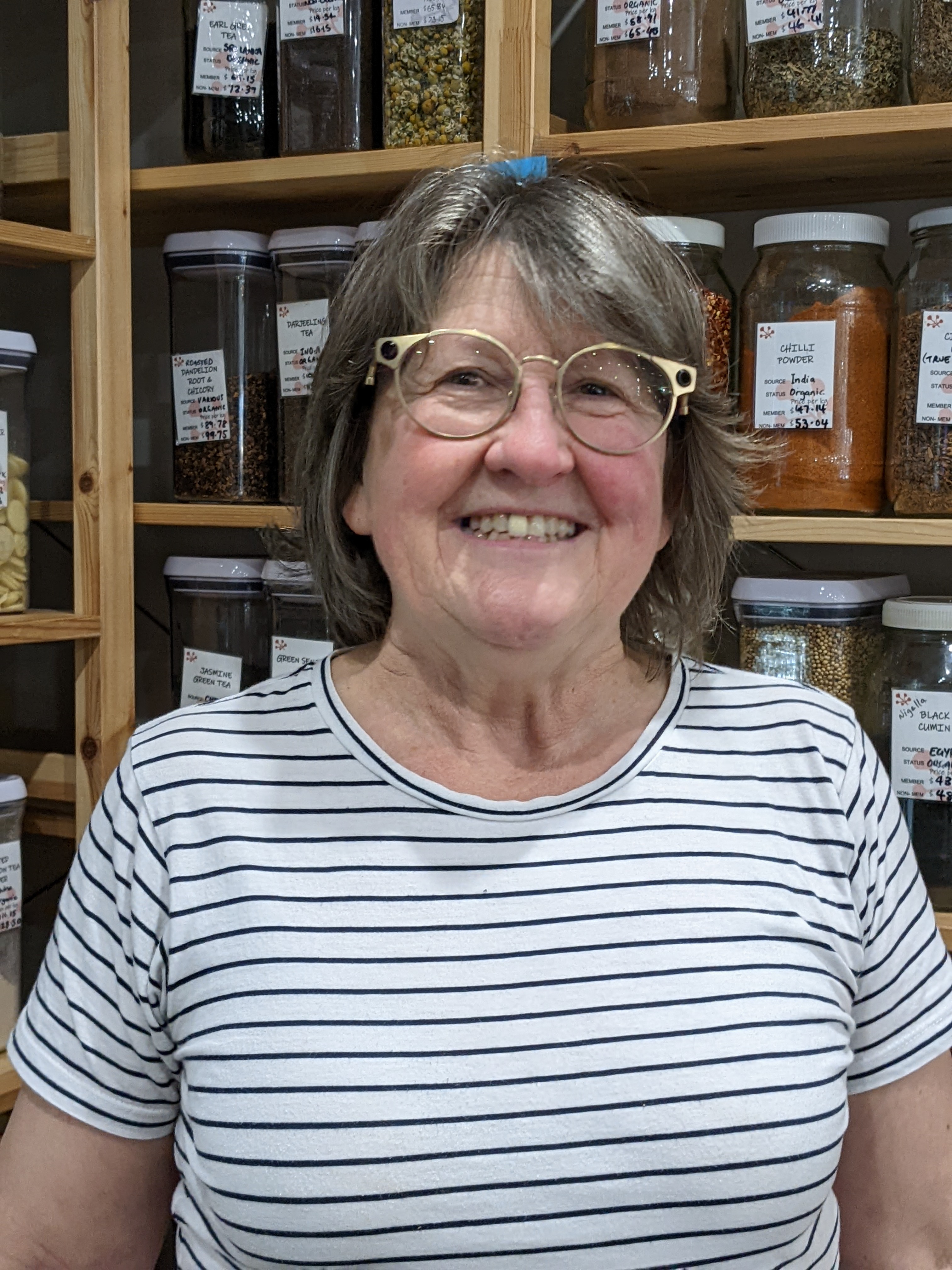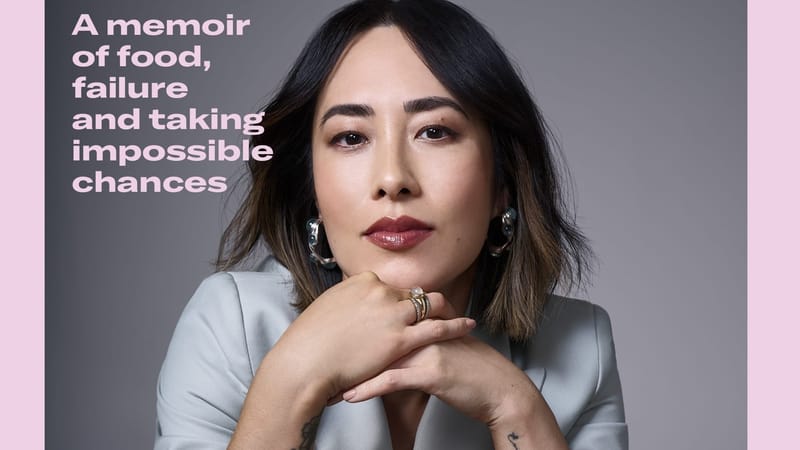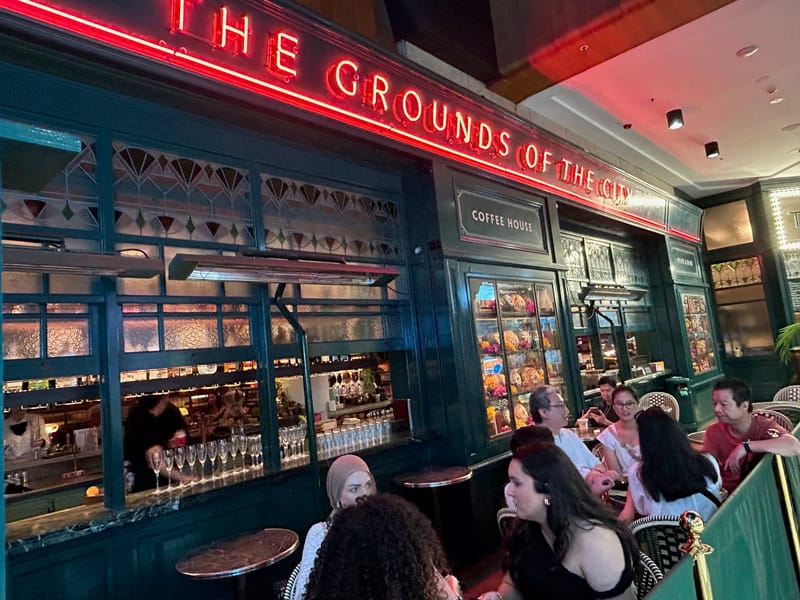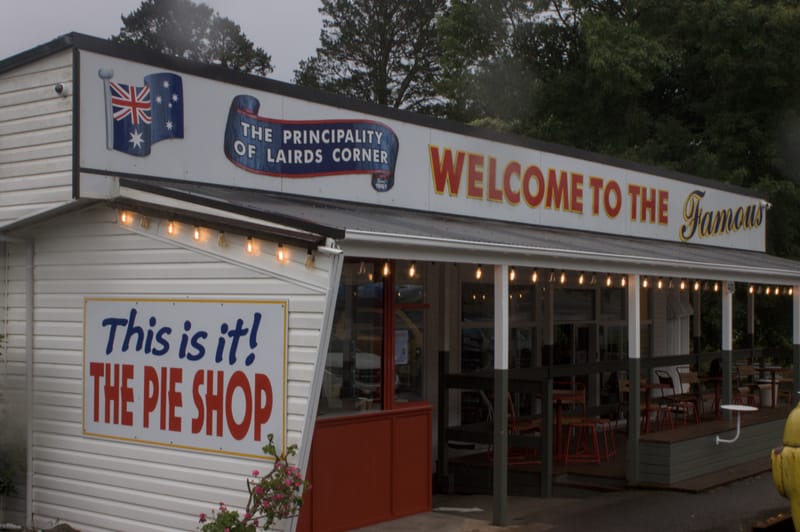End of an era at The EVE Project
How and when did The EVE* Project begin? The EVE Project (TEP) started its development in 2017. Helen had for a long time a desire to create an alternative for women who had been abused and I wanted to use my love of food and empowering women to...
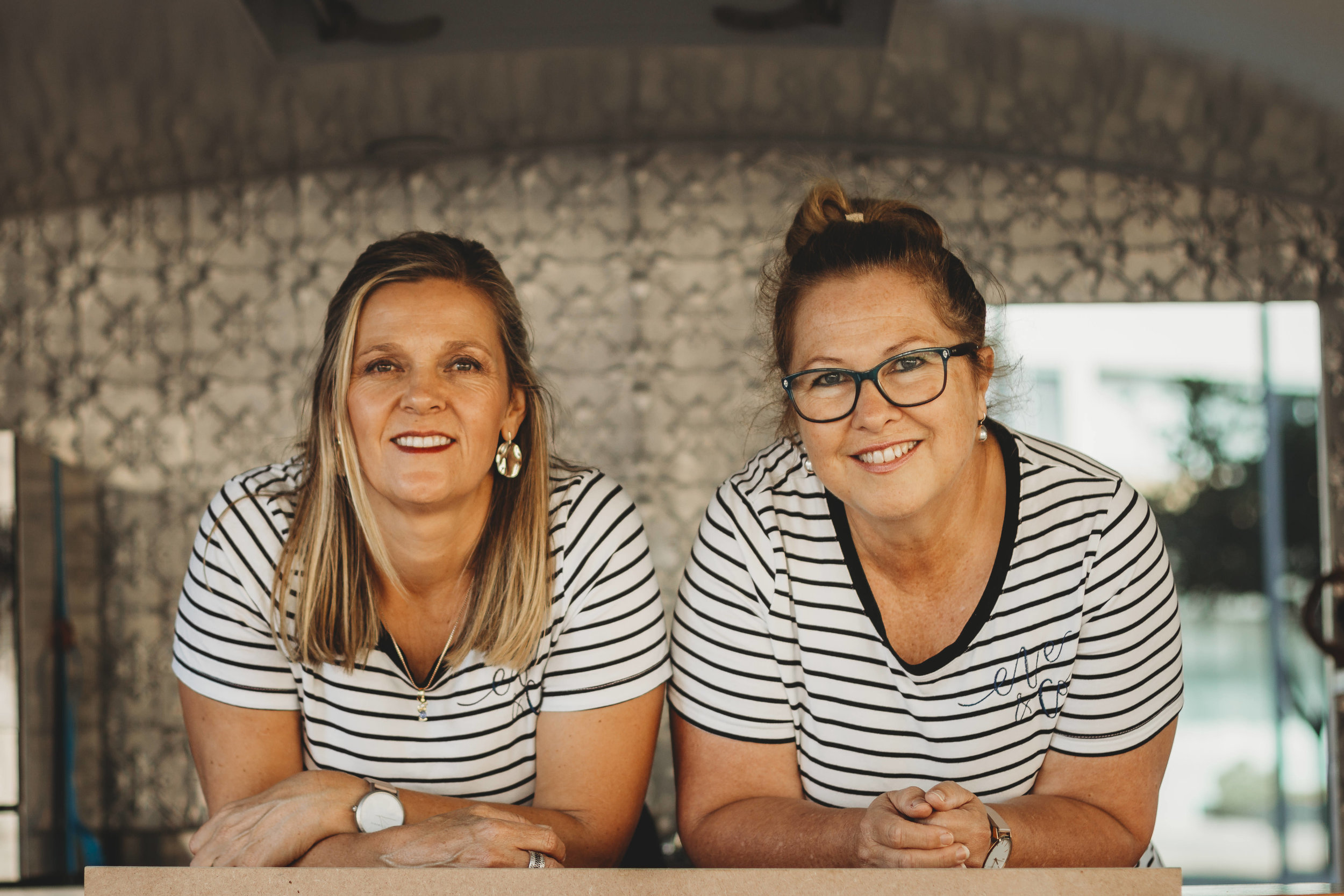
The EVE Project and EVE & Co came to my attention when Flame Tree Co-op first began to stock EVE & Co vegan walnut and pork and fennel rolls. As their program grew and developed, the product range also grew. Their ready-made spanakopita (spinach pie) and veggie lasagnas became customer favourites. Recently, co-founder Lisa Brooke revealed that The EVE Project – EVE standing for Equality, Value and Empowerment – would be undergoing some changes, transferring to Hopefield, a social services organisation based in Kirrawee. EVE & Co, the associated catering social enterprise, would also be winding up. I recently spoke to Lisa about the last five years.
How and when did The EVE Project begin?
The EVE Project (TEP) started its development in 2017. Helen [Dwyer] had for a long time a desire to create an alternative for women who had been abused and I wanted to use my love of food and empowering women to start something that made a difference. Helen and I both had a passion to use our abilities and create something that would help women that live with trauma, as a result of past abuse, heal and have full and sustainable lives. We spent two years developing the organisation, everything from researching the market to see the need, spending a year doing a social entrepreneur incubator program, jumping through all the hoops needed to set up as not for profit with deductible gift status, gathered a board of directors, started to raise capital and all the things we needed to do to get the organisation off the ground.
What is your background?
My initial education was in tourism and hospitality but I went on to run a franchise in the pet industry, which my husband and I, along with another Aussie couple, took to the USA and developed across the country.
I also have a strong interest in wholesome eating and the power of food to heal and give you optimum health... and I enjoying cooking and sharing/blessing people with great food.
Helen has had an extensive career in the corporate and community services sectors. She has worked with people experiencing extreme marginalisation because of domestic and family violence, homelessness, substance abuse, sex work, sexual orientation and mental health issues. In her current role as a Child and Family Case Manager, she is supporting women who would benefit greatly from TEP.
Her business experience includes various management roles (including management of a charitable foundation), events management, fundraising and case management. She possesses strong skills in relationship management, emotional and cultural awareness, communications, strategic planning, report and grant writing and public speaking.
What community need were you addressing?
There are many services women can access for support during and post abuse, however, gaps and multiple barriers still exist, making it extremely difficult for women to enter and sustain employment. TEP’s Thriving Futures Program offers an alternative to welfare dependence for women who desire to work and contribute to society but have limited opportunity. It is holistic in design, recognising the need for healing alongside education and training and offers trainees the therapeutic support, education, resources, work experience and accreditation necessary to gain meaningful, sustainable employment. It also addresses the intergenerational impact of abuse by enabling women to build a better future for their children.
Much of the evidence that has informed this project has been gained through observation over years of working with frontline supporting women and recognising more was needed. TEP’s model has also been informed through research, such as understanding effects of trauma on wellbeing (psychological, emotional, physical, financial) and its intergenerational impacts. Additional research included consultation with local community service agencies, consultation with other social enterprises and recognition of the absence of equivalent (NSW) program offering.
The direct beneficiaries of this project are female survivors of abuse aged 18+ years that reside within an accessible distance to the northern Illawarra. Indirect beneficiaries of the project include the children of women connected with TEP, [as] they initially benefit from the psychological, emotional, and physical healing their mother gains from the program. The medium to longer term benefits for children are the results of their mother’s access to healing, education, and employment, resulting in financial security.
Another potential indirect (and longer term) beneficiary is Centrelink, due to the decrease in generational welfare dependence which will result from the project/programs. The flow-on effect of this project also benefits other health practitioners and community service organisations by providing a referral pathway for women who would benefit from TEP’s support and services.
In recognising the inter-generational transference of trauma through up to five generations, this project has the potential to benefit a countless number of people in the future. It is also our hope that this model will be replicated. which will again multiply beneficiaries.
How does The EVE Project/EVE & Co work?
TEP takes an innovative approach to trauma healing, recognising the need for intensive and holistic supports and a longer time frame than many services currently offer. This program was created to address a service gap that currently exists in our sector.
By addressing the root cause (trauma) rather than the symptom (unemployment/homelessness), the program brings about significant and long-term benefits through severing the generational transference of trauma and decreasing the inter-generational dependence on welfare. We have created a model that is scalable and can be replicated using any business as the social enterprise.
EVE & Co is a social enterprise running under TEP banner. It provided catering, take-home meals, wholesale product for other business and merchandise to help bring in revenue for the organisation. It also provided training, mentoring and supported work experience for trainees in our Thriving Futures program.
How does food and cooking work as therapy?
Part of a healing journey is recognising self-worth and value. Nourishing oneself and how to do that well was part of the Thriving Futures program. Cooking and being in the kitchen also provided an opportunity to work and talk and commune together – it is a beautiful healing space.
What's happening now?
The last couple of years have significantly impacted the activities of TEP and we [Lisa, Helen and the board] began to reflect on the project and our roles in it. We began to explore options for the future of TEP, which lead to a decision to transition the Thriving Futures Program to Hopefield, a community-based, therapeutic and social services organisation based in the Sutherland Shire.
Hopefield and TEP have worked together since the inception of the project and are well resourced to provide the programs necessary to grow Thriving Futures. It is anticipated the revised program will flourish under Hopefield.
EVE & Co, the social enterprise supporting the aims of TEP, has provided revenue and work experience for participants. The decision has been made to close EVE & Co at the end of 2022 in order to prioritise the continuation of Thriving Futures.
Thriving Futures and EVE & Co have made a positive impact in the Illawarra and on the lives of the courageous women who pioneered with Helen and Lisa. We wish those women well, and we wish all the best to Helen and Lisa, the visionary women who worked incredibly hard to make a difference.
If you would like to donate to Hopefield, click here to visit their website.
Below, two TEP participants share their stories
- "Helen spent time with us talking about how our gut has its own ecosystem and consuming processed foods can negatively impact not only in our gut but it can cause other negative health issues. Not only can it cause our stomach issues, but it can affect inflammation. Inflammation is one of my health issues so learning that whole foods can help with a myriad of issues, the fact that it can affect my inflammation levels was eye opening. But more importantly eating wholefoods can help with depression and being able to help my depression naturally is certainly something very worthwhile to learn. But following this theory approach we had practical lessons with Lisa. Lisa showed us how to cook wholefoods and showed us how you can simply swap certain ingredients to make your food more gut friendly."
- During my time with The EVE Project the importance of using a holistic approach to healing and thriving was at the forefront. Learning about how to eat to nourish our body and brain was such an important part of my journey. Along with practical time in the kitchen even gaining a Safe Food Handling Certificate, I got to take a safe step into a work environment helping prepare me for employment. I was exposed to incredibly nourishing and delicious food and thanks to our team lunches we could enjoy this as individuals, a team, friends and now a family.

